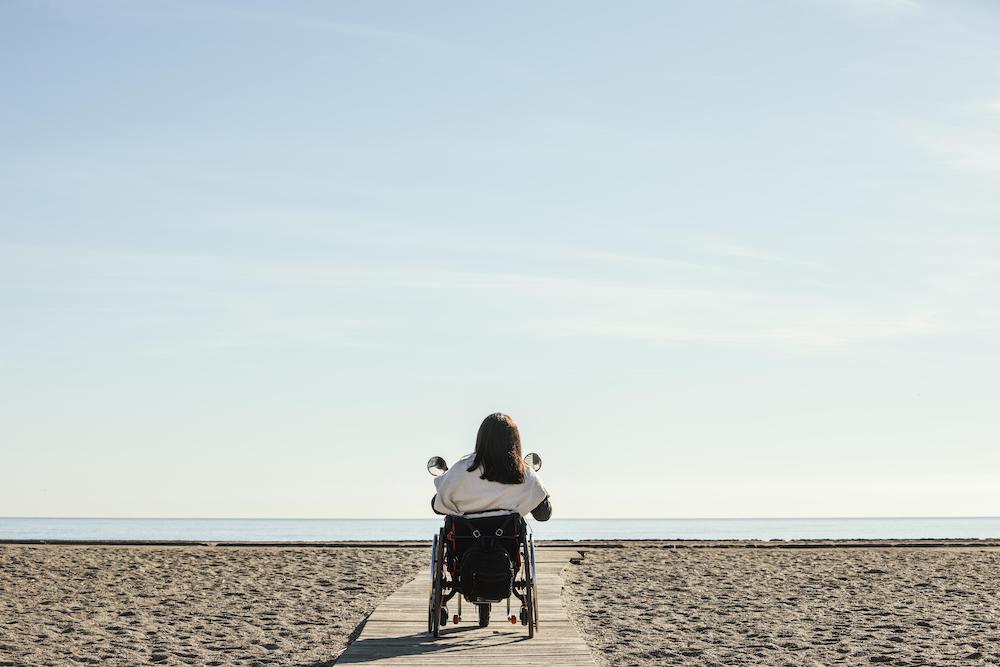Pompe disease, also known as glycogen storage disease type II, is a rare genetic disorder that affects approximately 1 in 40,000 people worldwide. It is caused by a deficiency of the enzyme acid alpha-glucosidase (GAA), which is responsible for breaking down glycogen (a form of sugar) in the body. Without enough GAA, glycogen builds up in the body’s cells, leading to muscle weakness, respiratory problems, and other symptoms.
Symptoms of Pompe disease can appear at any age, from infancy to adulthood. In its most severe form, known as infantile-onset Pompe disease, symptoms usually begin within the first few months of life. Infants with this form of the disease may have weak muscles, difficulty feeding and breathing, and a large heart. Without treatment, infantile-onset Pompe disease is usually fatal within the first year of life. In contrast, late-onset Pompe disease typically begins in childhood, adolescence, or adulthood. Symptoms of this form of the disease may include progressive muscle weakness, respiratory problems, difficulty walking and climbing stairs, and heart problems. Late-onset Pompe disease is generally less severe than infantile-onset Pompe disease and can be managed with treatment.
Diagnosis of Pompe disease typically involves a blood test to measure the level of GAA in the blood. If GAA levels are low, further testing may be needed to confirm the diagnosis, such as a muscle biopsy or genetic testing.
There is currently no cure for Pompe disease, but there are treatments available that can help manage the symptoms and improve quality of life. The most effective treatment for infantile-onset Pompe disease is enzyme replacement therapy (ERT), which involves regular infusions of a synthetic version of the missing enzyme, GAA. ERT has been shown to improve muscle strength, reduce the size of the heart, and improve survival in infants with Pompe disease. In late-onset Pompe disease, ERT can also be used to manage symptoms and slow the progression of the disease. Other treatments for late-onset Pompe disease may include physical therapy, respiratory support, and medications to control symptoms such as pain and muscle spasms.
In addition to medical treatment, people with Pompe disease may benefit from lifestyle changes such as exercise, a healthy diet, and avoiding triggers that can worsen symptoms. It is also essential for people with Pompe disease to receive regular medical care to monitor their condition and manage any complications that may arise.
Despite the challenges of living with Pompe disease, many people with the condition are able to lead fulfilling lives with the proper treatment and support. Advances in research and treatment continue to offer hope for people with Pompe disease and other rare genetic disorders.
In conclusion, Pompe disease is a rare genetic disorder that can cause muscle weakness, respiratory problems, and other symptoms. While there is no cure for the condition, treatments such as enzyme replacement therapy can help manage symptoms and improve quality of life. With proper medical care and support, many people with Pompe disease are able to lead fulfilling lives.





